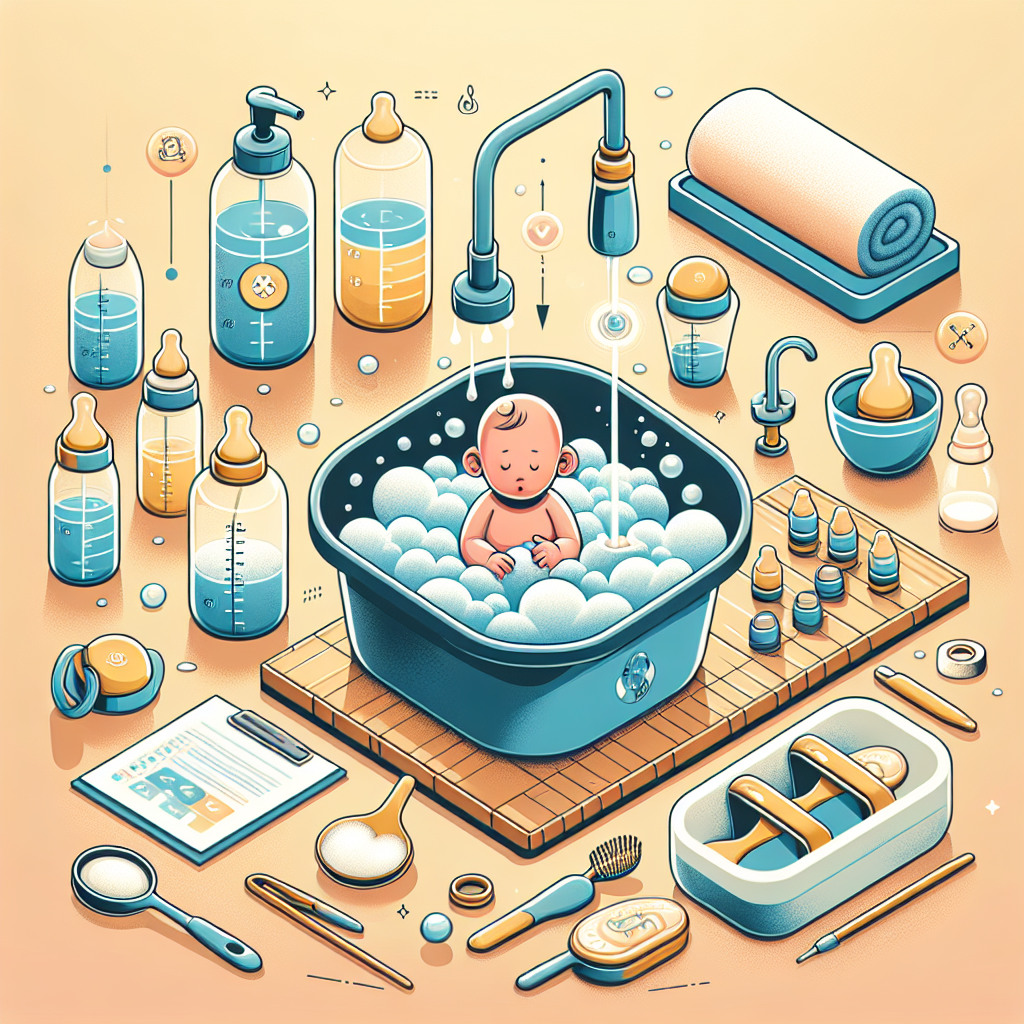Child Development: A Complete Guide to the Essential Stages
Introduction
When it comes to a child's growth and development, each stage is crucial and comes with its own challenges and achievements. As parents, it is vital that we are informed and prepared to support children on this unique journey. In this article, we will explore child development from the earliest moments of life to the later stages, giving you a comprehensive guide to the essential processes that contribute to healthy physical and psychological growth.
Motor Development
A child's motor development encompasses all the physical skills they gain as they grow. From head control to walking and running, each milestone represents an important achievement in their development.
In the first months of life, gross motor coordination develops rapidly. Babies learn to hold their head, roll over, sit unsupported, and eventually crawl and walk on their own. Through practice and constant encouragement, these skills will evolve into walking and later running.
Language development
Language is another essential area of child development. Babies begin to communicate from a very early age, first through crying, then through babbling and isolated words. The ability to understand simple words and commands appears around the age of one, and from here the child's vocabulary will grow exponentially.
Much of language development occurs through interactions with parents and others. Reading books, conversations and singing are all great ways to encourage your child's language development.
Social and Emotional Development
Little ones develop not only physical and language skills, but also social and emotional ones. They learn to interact with other children and adults, share toys and express various emotions. This stage of development is crucial for the formation of future social skills and for understanding and managing one's own feelings.
Nutrition and Development
A child's diet also plays an important role in healthy development. Adequate nutrition provides the necessary energy and contributes to physical growth. It is important to offer a wide range of nutrient-dense foods and avoid processed foods high in sugar and fat as much as possible.
Tips for Parents
To support your child's development, create a safe and stimulating environment. Make time for play, encourage curiosity and be patient and understanding. Remember to take the time to connect and build a close relationship with your child.
Conclusion
In conclusion, child development is a complex process that encompasses multiple aspects, from motor and language development to emotions and social interaction. It is essential for parents to understand these stages and take appropriate steps to provide the child with an environment conducive to development. Together we can ensure a healthy and happy life path for our children.
Remember that every child is unique and development can vary from one individual to another. If you have any concerns or questions, consult a specialist. Together, we can contribute to the harmonious development of the overall image of childhood.














































































































































